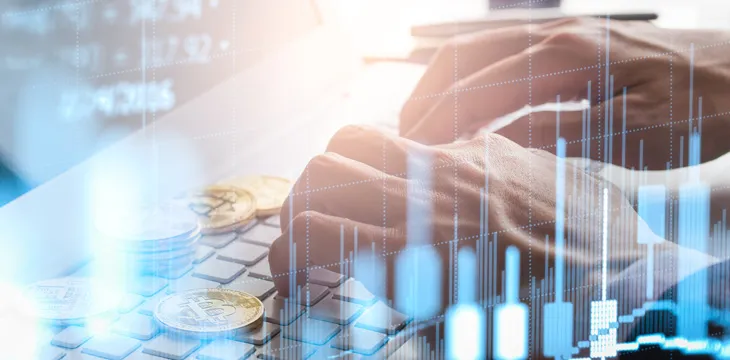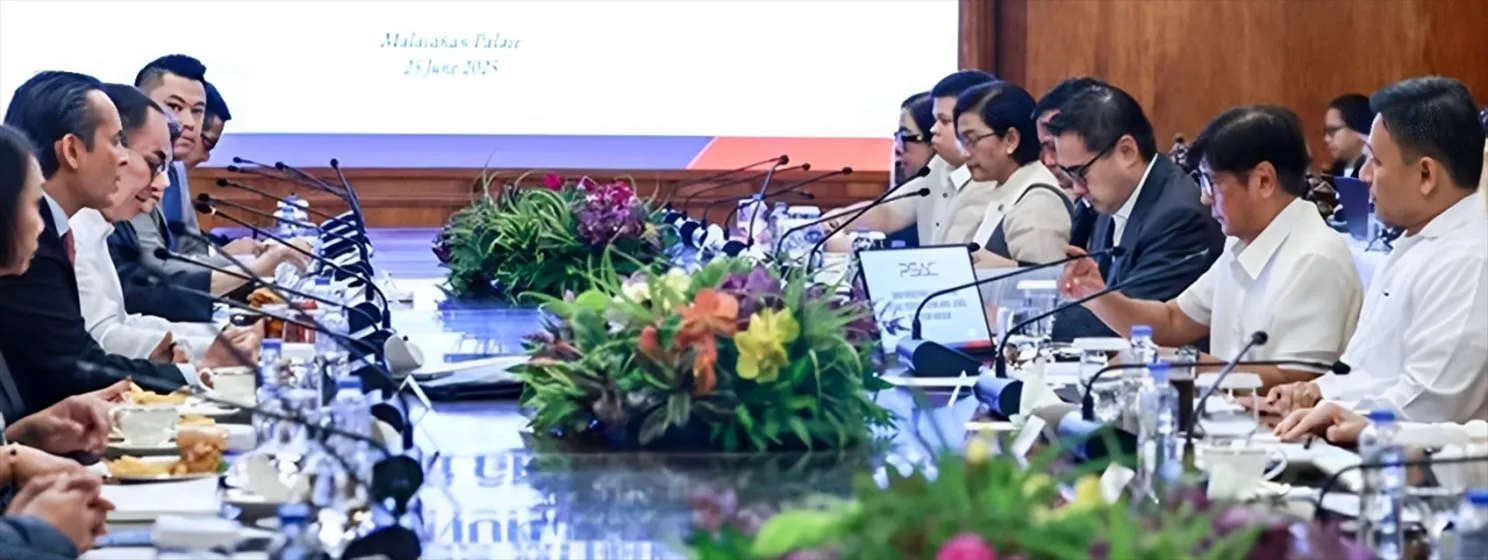|
Getting your Trinity Audio player ready...
|
The U.S. Defense Logistics Agency (DLA), part of the Department of Defense (DoD), is beginning to look at how blockchain could facilitate providing assistance in disaster-affected areas.
The DLA Troop Support’s Continuous Improvement (CPI) office has hosted discussions on how blockchain could impact relief efforts. Responses to recent disasters such as Hurricane Maria were reviewed, with Army Brig. Gen. Mark Simerly heading a presentation on how blockchain could have benefited operations.
He said that the research being collected on the agency’s responses to hurricanes and the like will make for use cases that the DLA can use to justify use of the technology in future efforts.
CPI Management Analyst Elijah Londo said in a press release that “The potential [of blockchain] is absolutely enormous. Talk about blockchain, you’ll hear experts comparing it to transforming trust or transactions in the same way the internet changed communication.”
He said, however, that the technology was still being studied, meaning that implementation of a blockchain-powered database for interagency coordination may take some time yet.
“[We’re] getting as smart as we can about what it is, what industry is saying about it, what the future might look like, how it applies to supply chains and how other industries are using it. We’re doing our due diligence,” he said.
Londo also expressed openness to cooperating with the private sector. “There’s really no shortage of players out there… At the very least, it’s a collaboration and knowledge share. And at its best, it’s actual partnerships and pilot opportunities.”
One possible scenario of blockchain use was presented by Construction and Equipment Deputy Director Marko Graham, where the Federal Emergency Management Agency (FEMA), the Army Corps of Engineers, DLA Troop Support, and industry partners would be peer users of a blockchain-powered database, where every transaction is tracked and made known to each agency in real time. This is in contrast with centrally managed systems of each agency that require reconciliation or synchronization with each other at a later period, making for auditing difficulties.
The Department of Homeland Security has expressed interest in blockchain as well, seeking the help of experts to better monitor payment transfers for illegal activities.

 07-02-2025
07-02-2025 





